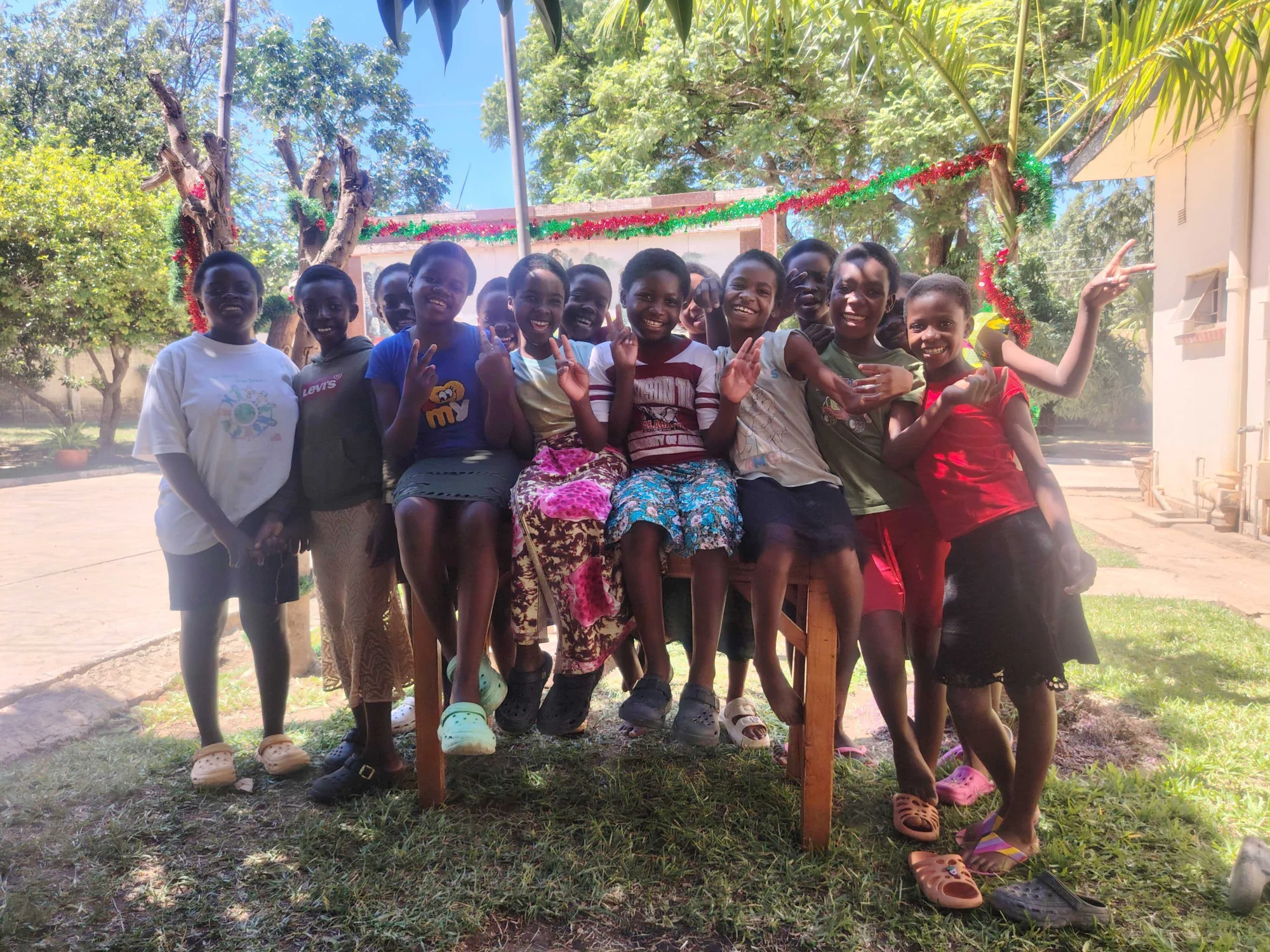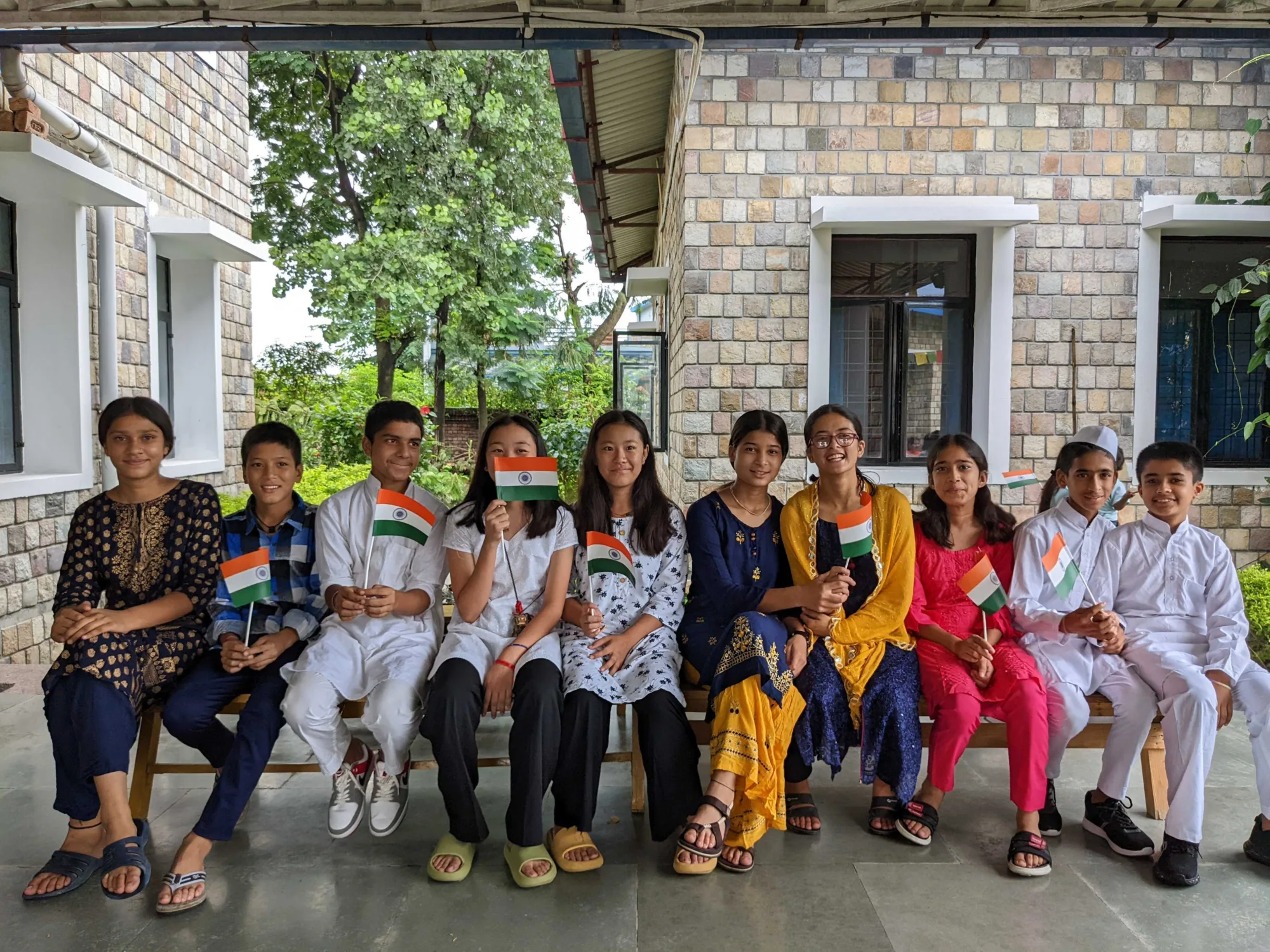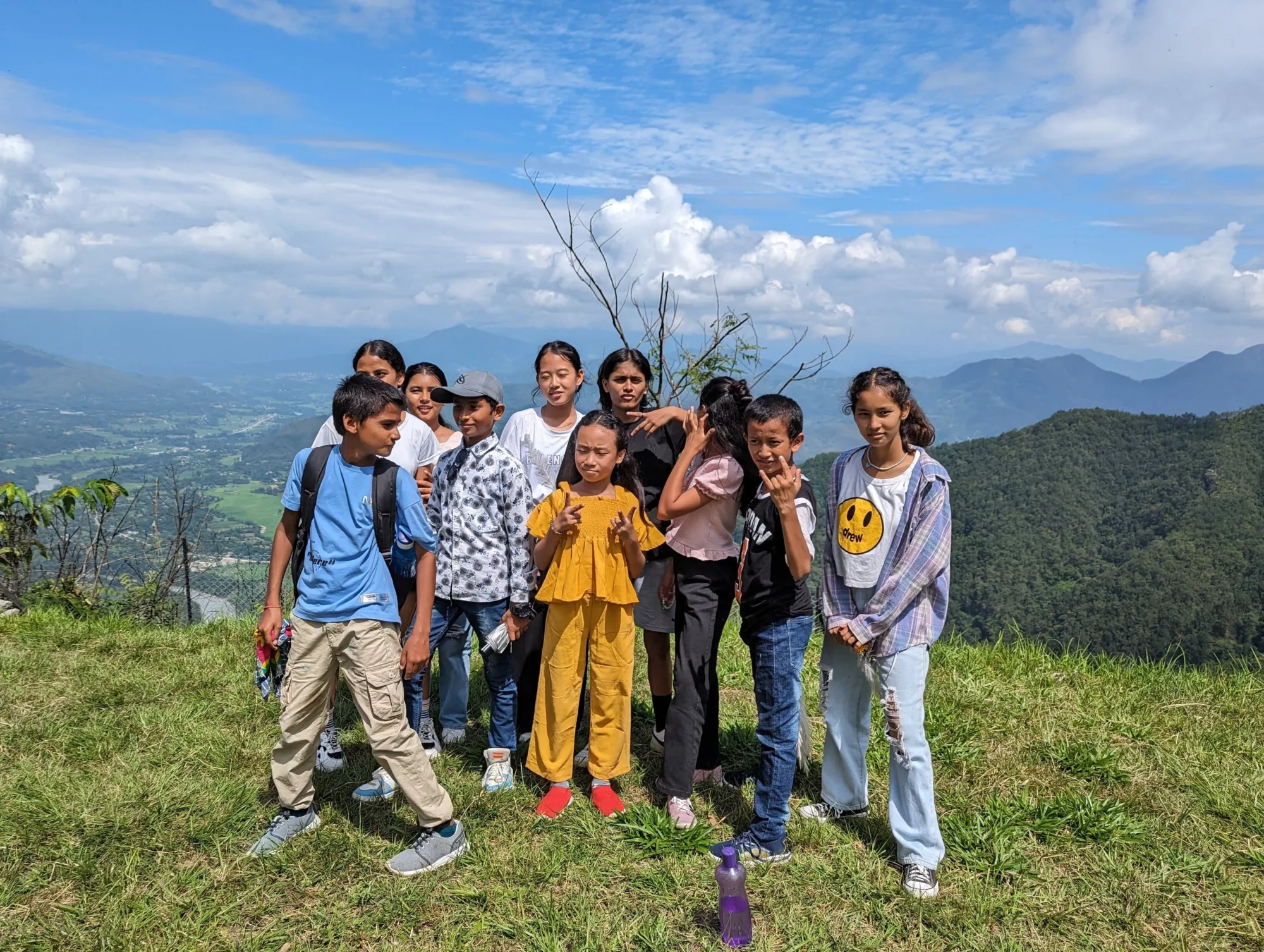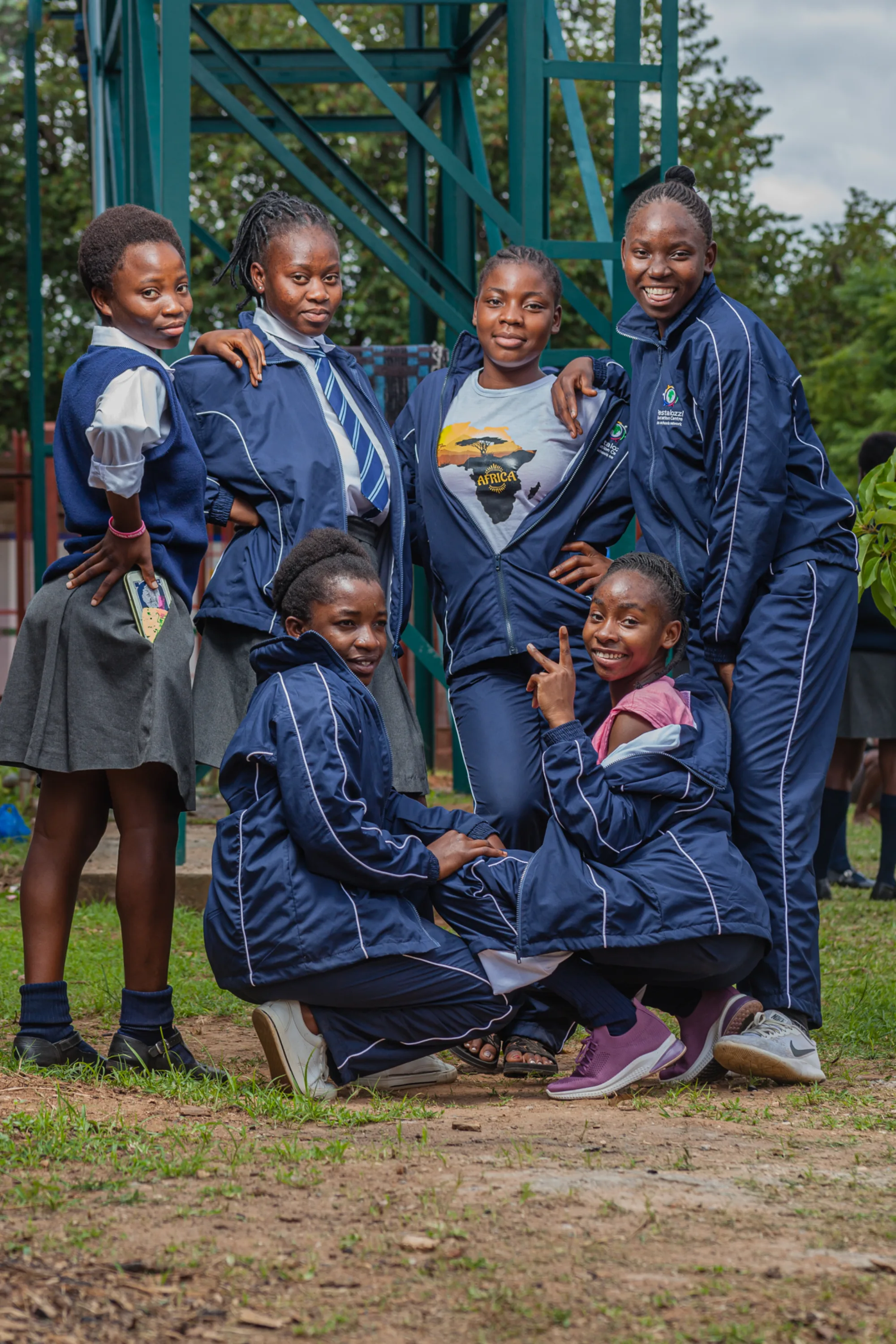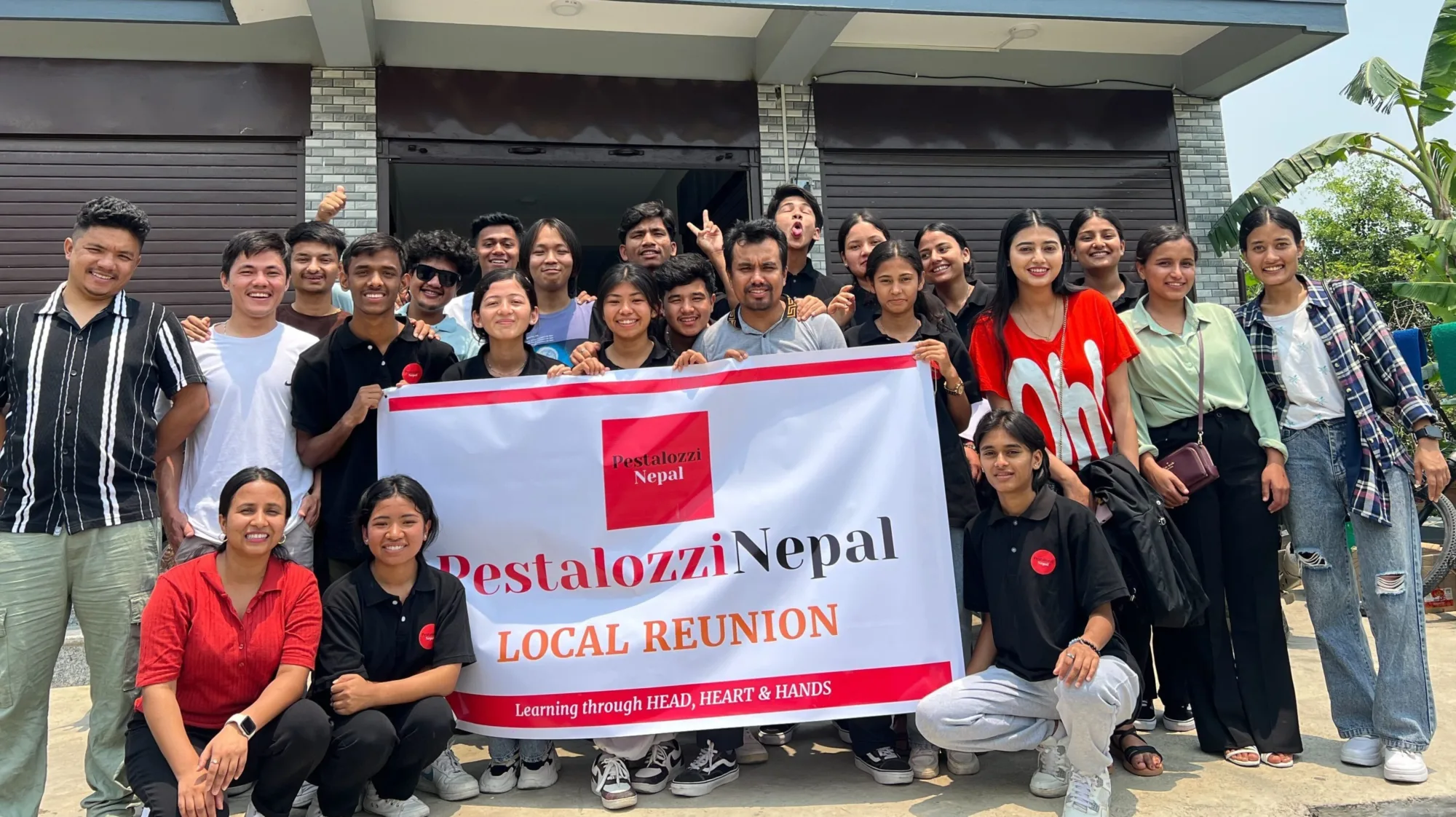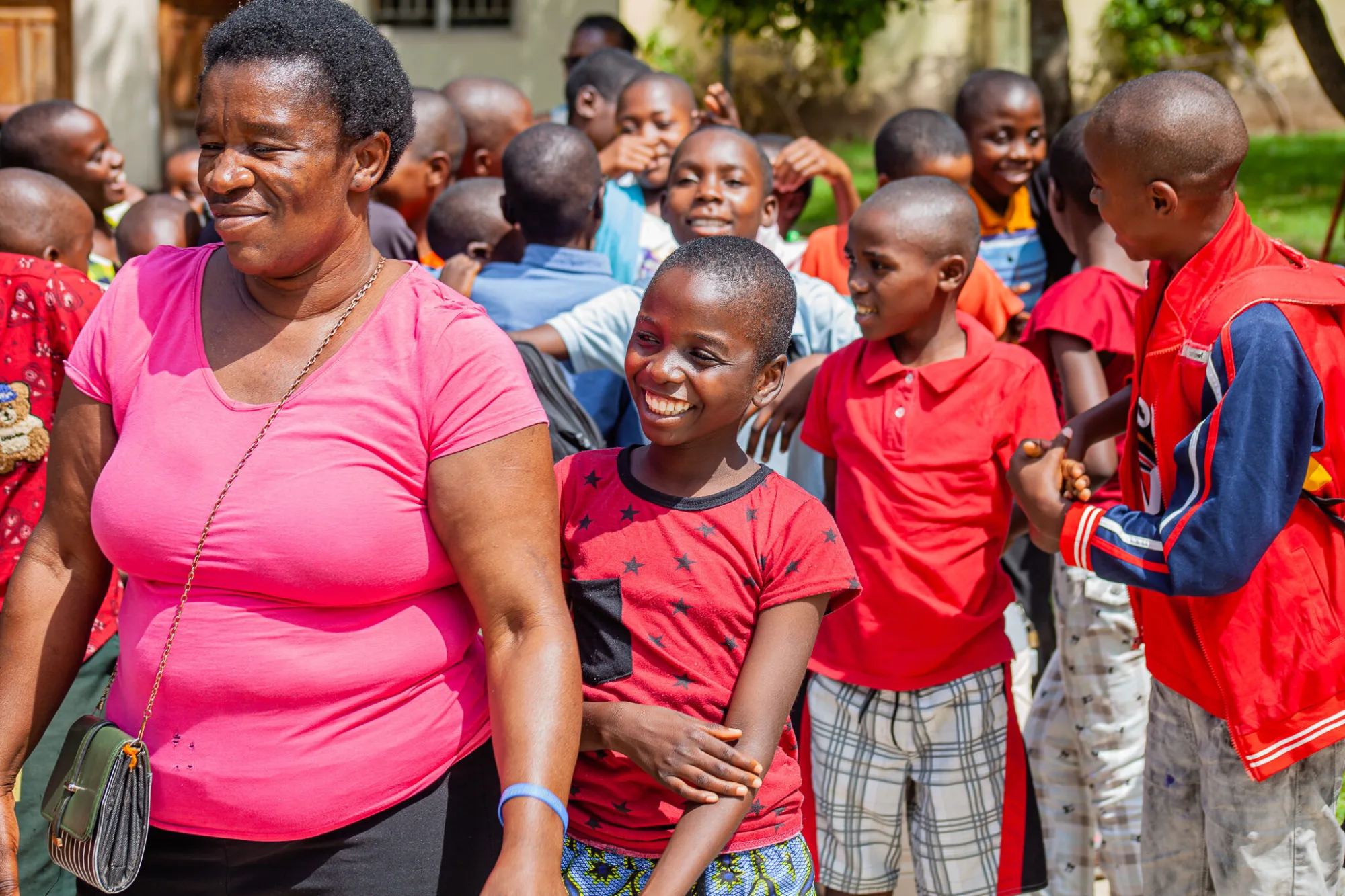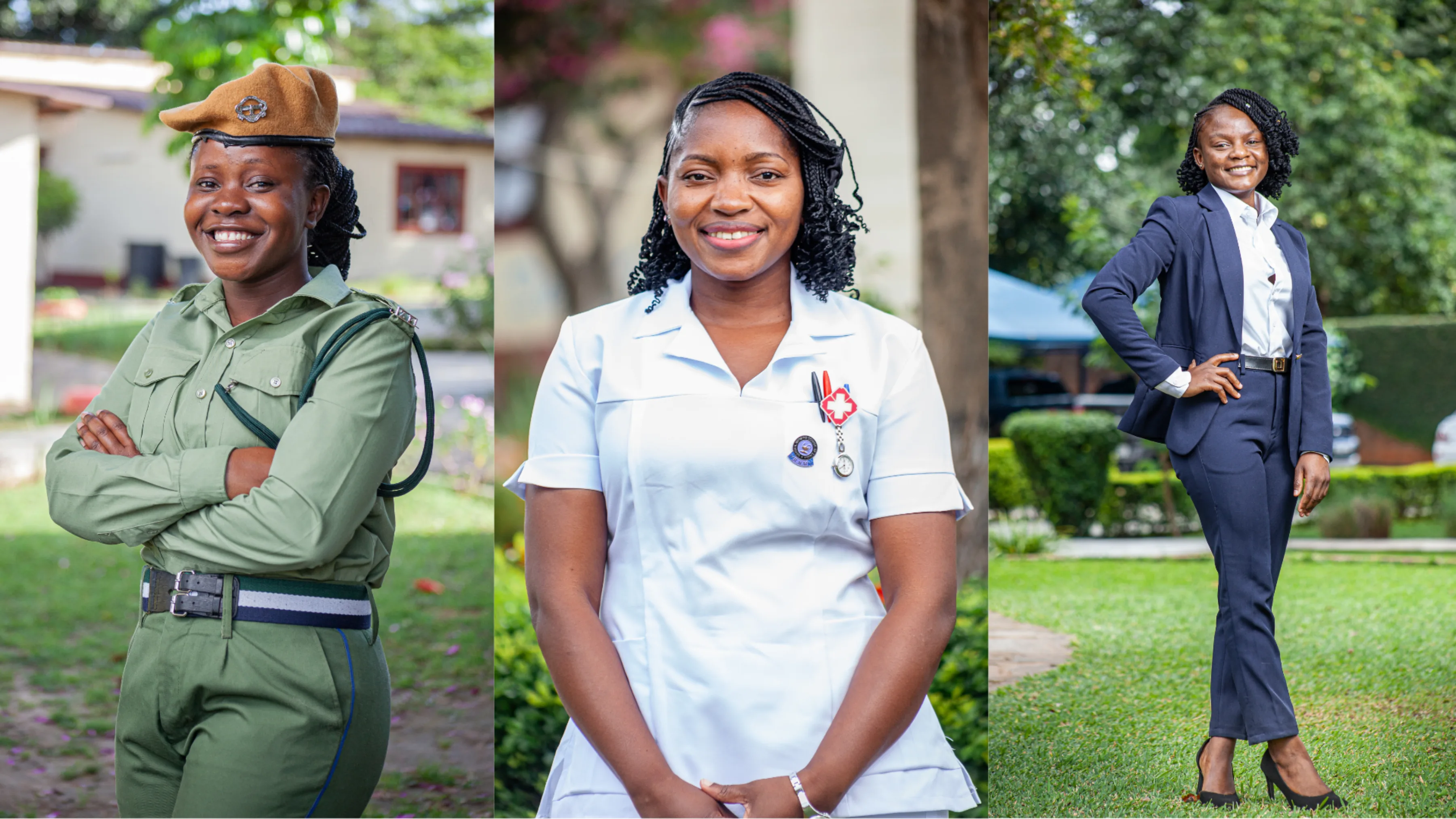
Education to transform the future
Equipping young adults to drive positive change in their communities
Future Leaders Programme
Traditional schooling often fails to develop the leadership skills and critical thinking needed to drive positive change in society. Our Future Leaders Programme was created to address these gaps, ensuring that our students succeed academically and develop the capacity and soft skills to uplift their communities.
A transformational education for our future leaders
In the Global South, many children face significant obstacles in accessing quality education. High School completion rates in the areas of Zambia, India and Nepal we select from are as low as 3%.
The children and young people who join our programmes demonstrate exceptional potential despite facing significant challenges. Many are girls and refugees from disadvantaged backgrounds. Our rigorous selection process ensures that we reach those most in need, helping them transform their futures and, in turn, the futures of those around them and beyond.
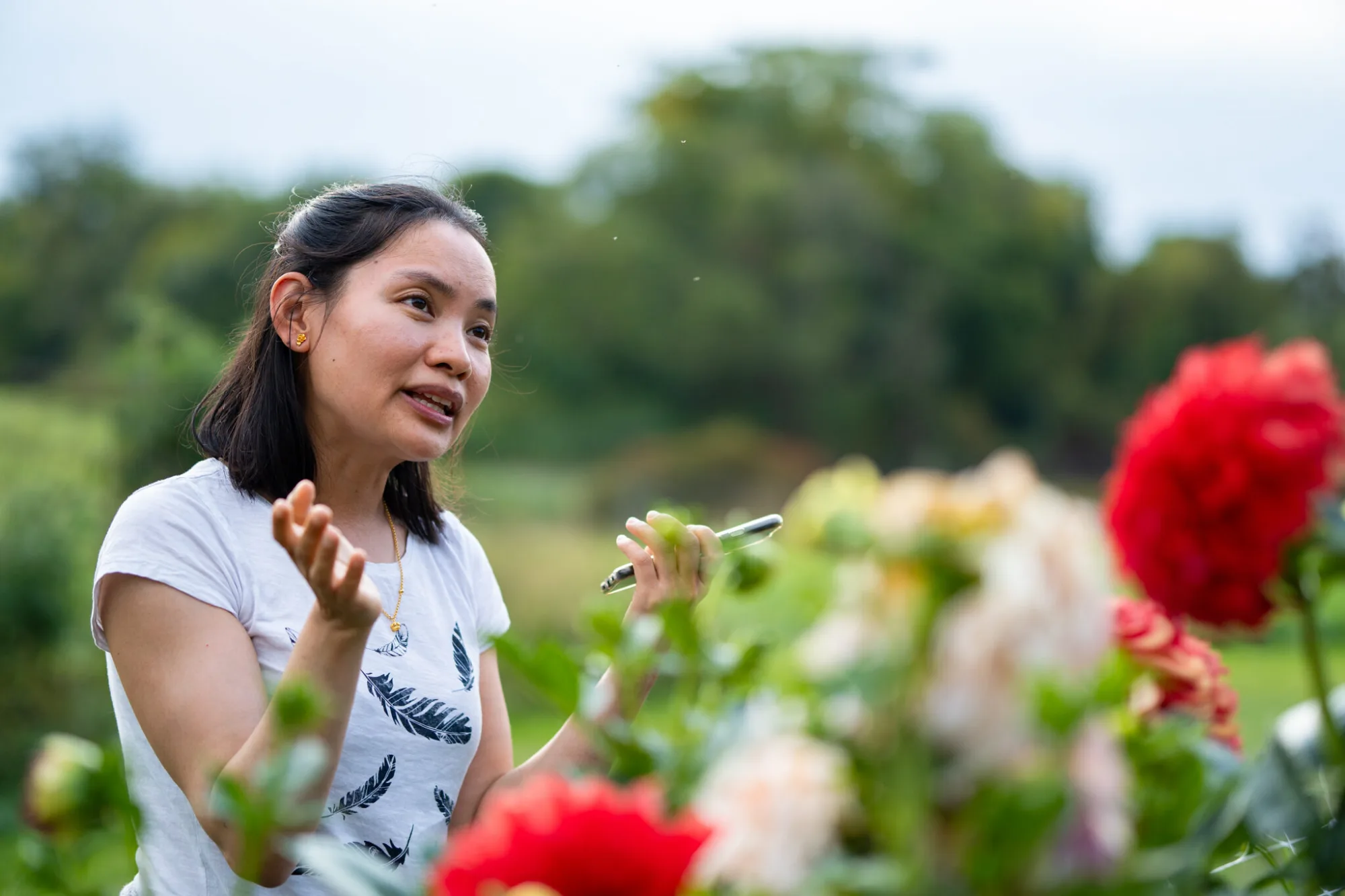
How we make a difference
Our flagship Future Leaders Programme offers residential scholarships to children from disadvantaged rural and refugee backgrounds, who have the potential to become future changemakers. They receive a high-quality, child-centred education and live in a nurturing environment on a Pestalozzi Campus.
For us, education is more than knowledge, it is a transformative journey. Our programme equips students with the skills they need to become self-reliant young adults and compassionate leaders and changemakers. We are fostering the next generation of young people, rooted in their culture, to bring positive change and sustainable economic development to their communities, countries and beyond.
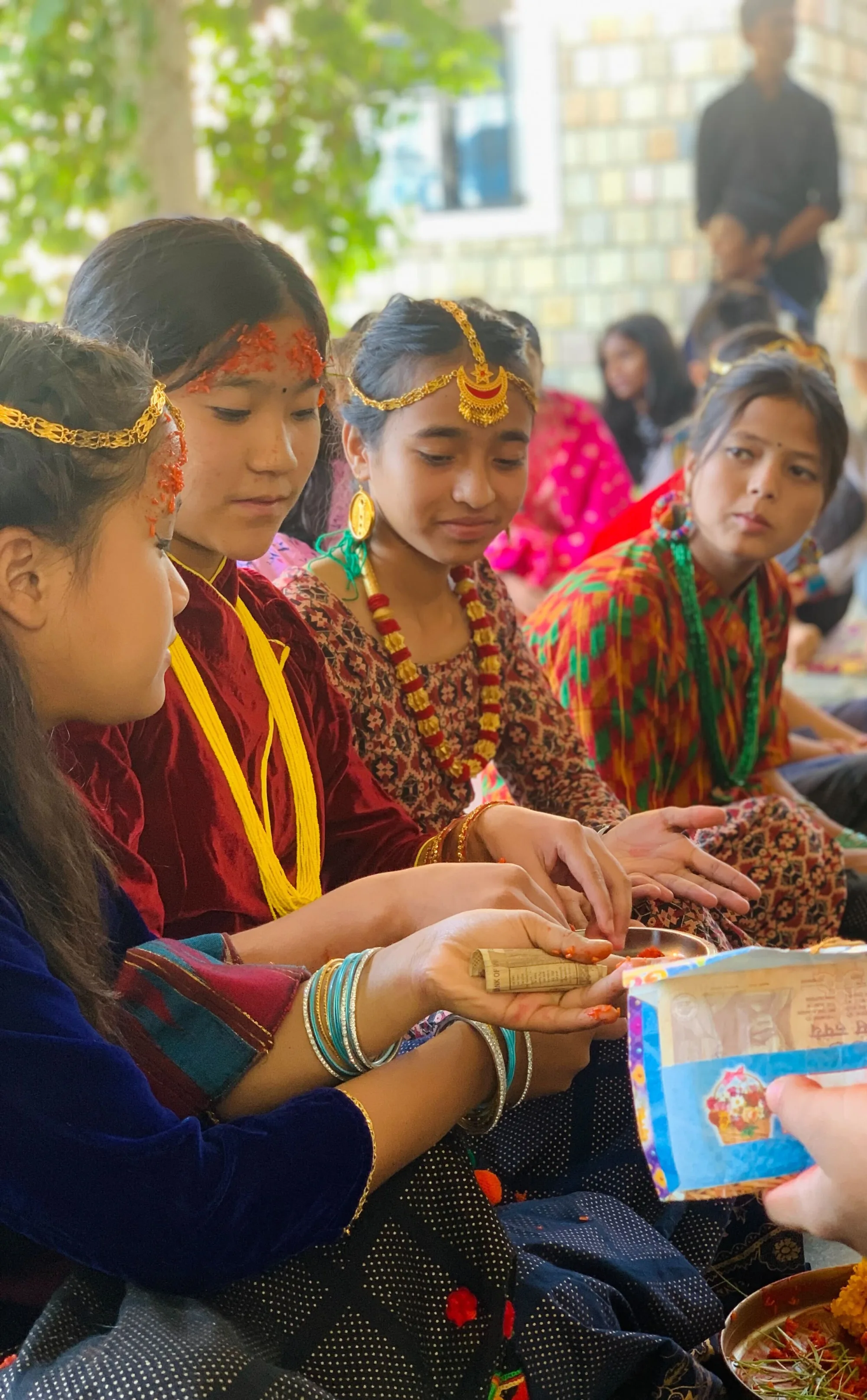
Our unique approach
Inspired by Johann Heinrich Pestalozzi, our education philosophy nurtures the whole child—intellectually, emotionally, and practically. We encourage creative thinking, compassionate leadership and empower children to recognise that they can be agents of positive change in their communities.
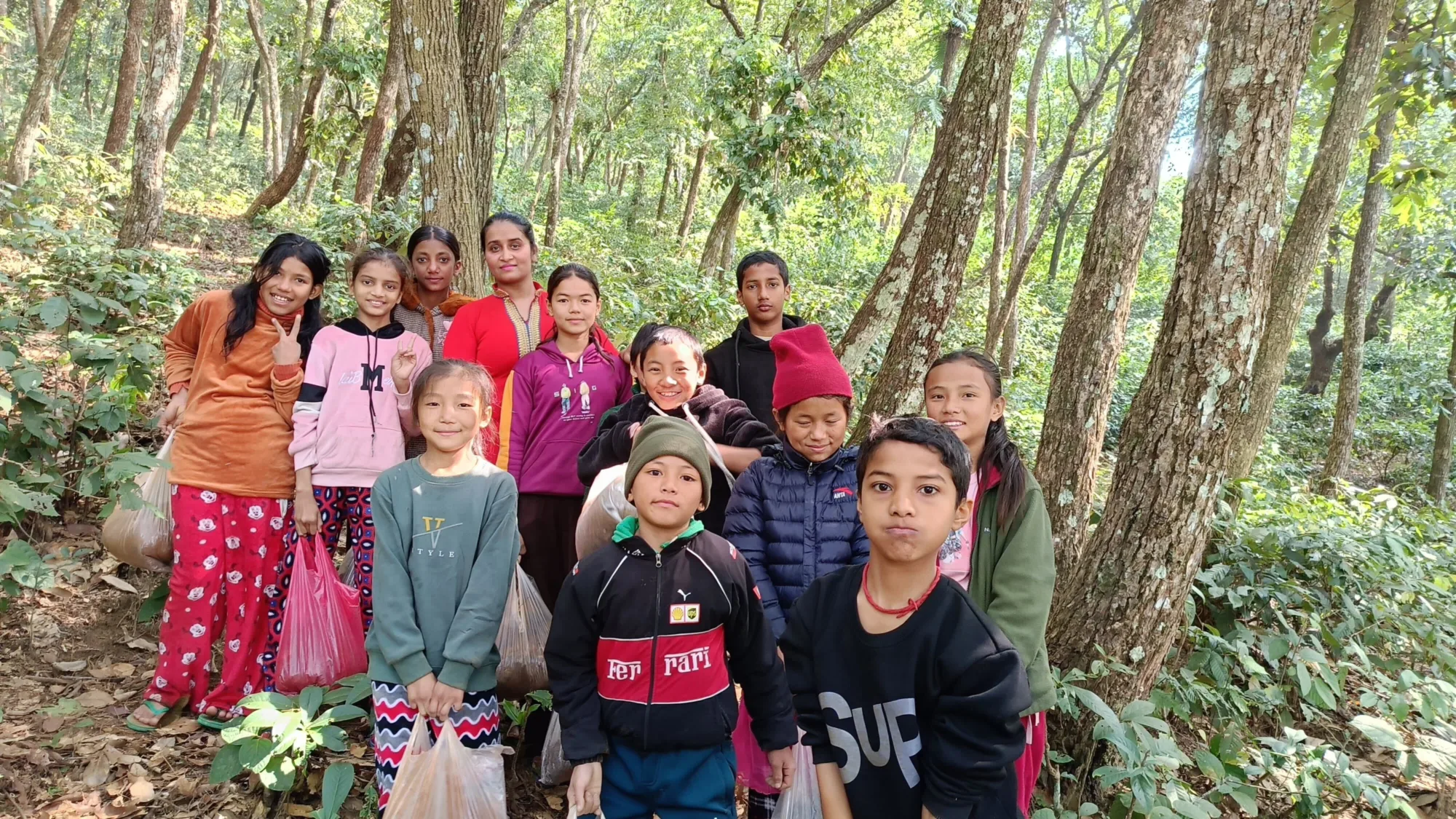
Who we select
We carefully choose students from the most marginalised communities, especially girls and refugees. This way, we ensure that those who will benefit the most from our programme—and have the most potential to contribute positively to their communities—get the chance to participate.
Growing up in a refugee camp, I faced many challenges. Thanks to Pestalozzi International, I am now an Engineering student and Bezos African Scholar. I want to give back to my community through the power of engineering to create sustainable solutions to the problems they face.
Ahmed Kazadi Kabuya, Zambia
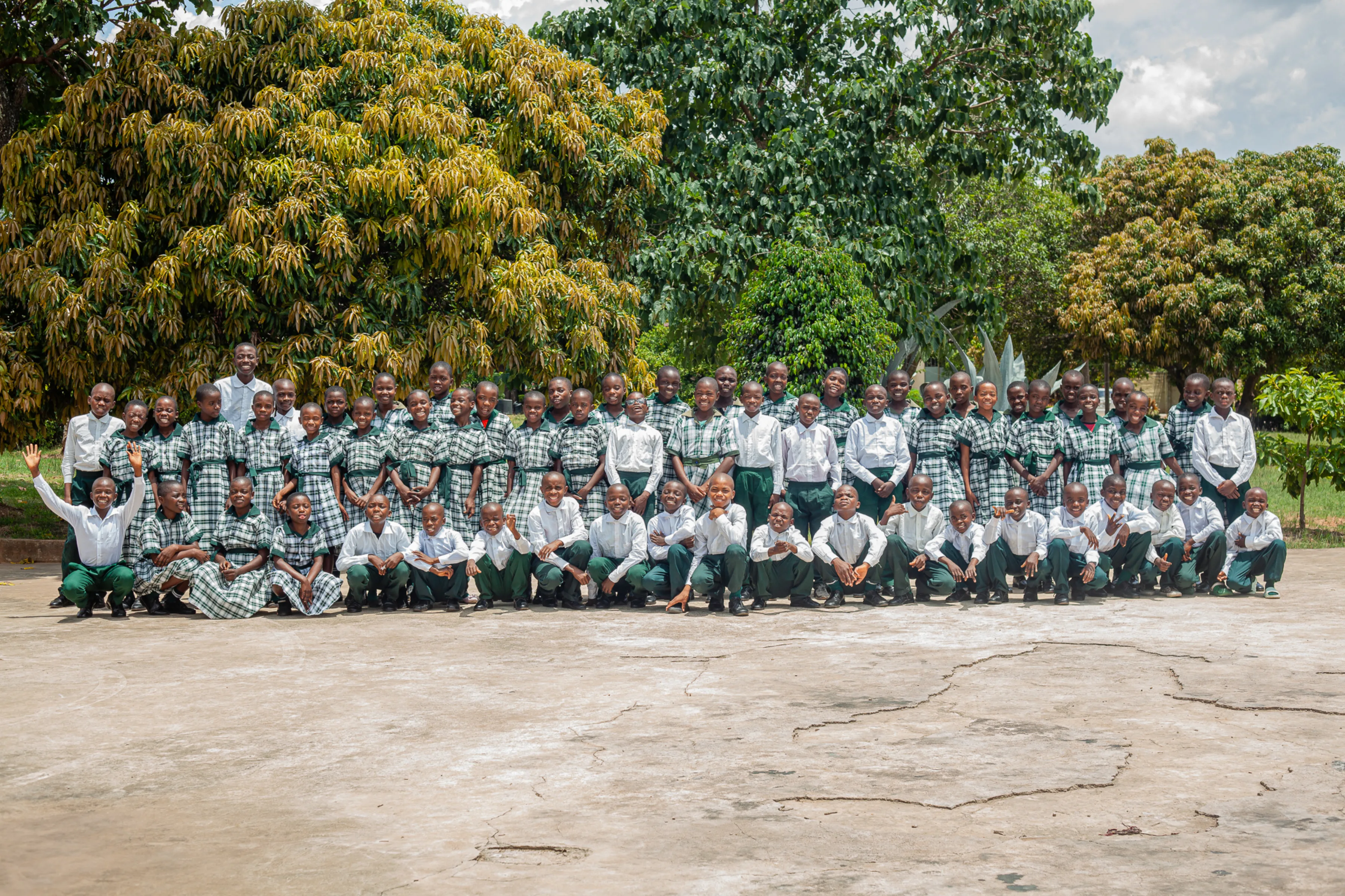
Outstanding graduation rates and academic achievements
Future Leaders children are up to 33x more likely to finish high school
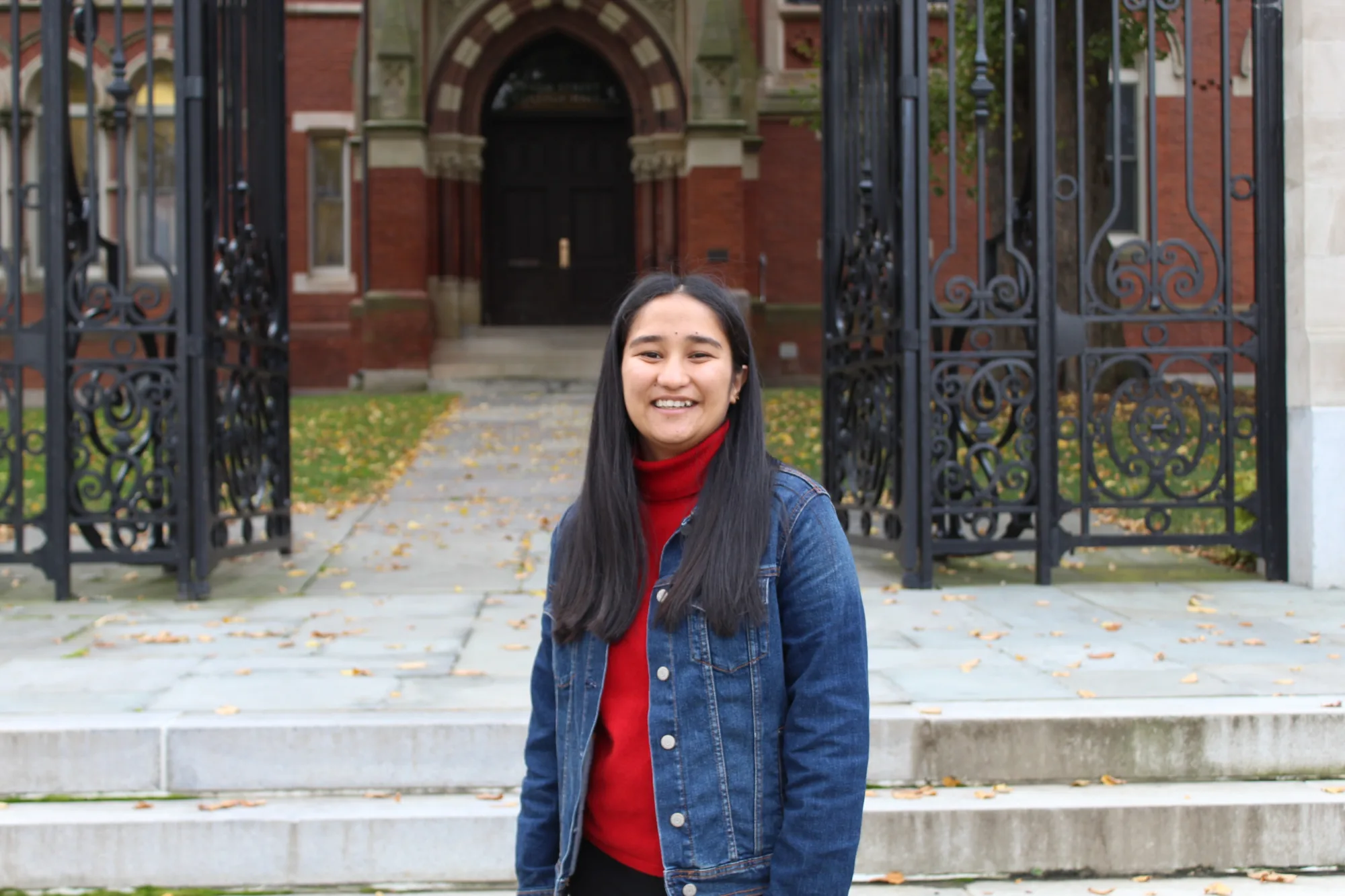
The Future Leaders Programme inspires success
"Pestalozzi was a central stepping stone for me. The passion I have for the environment and leadership was very much strengthened there."
Samikshya set out from Nepal to acquire degrees in environmental studies and urban and regional planning. Currently she earns practical experience as a Clean Energy and Climate Planning Intern in the city of Boston. She wants to keep fighting for a more equitable world, driven by her commitment to serve marginalized communities affected by climate change.
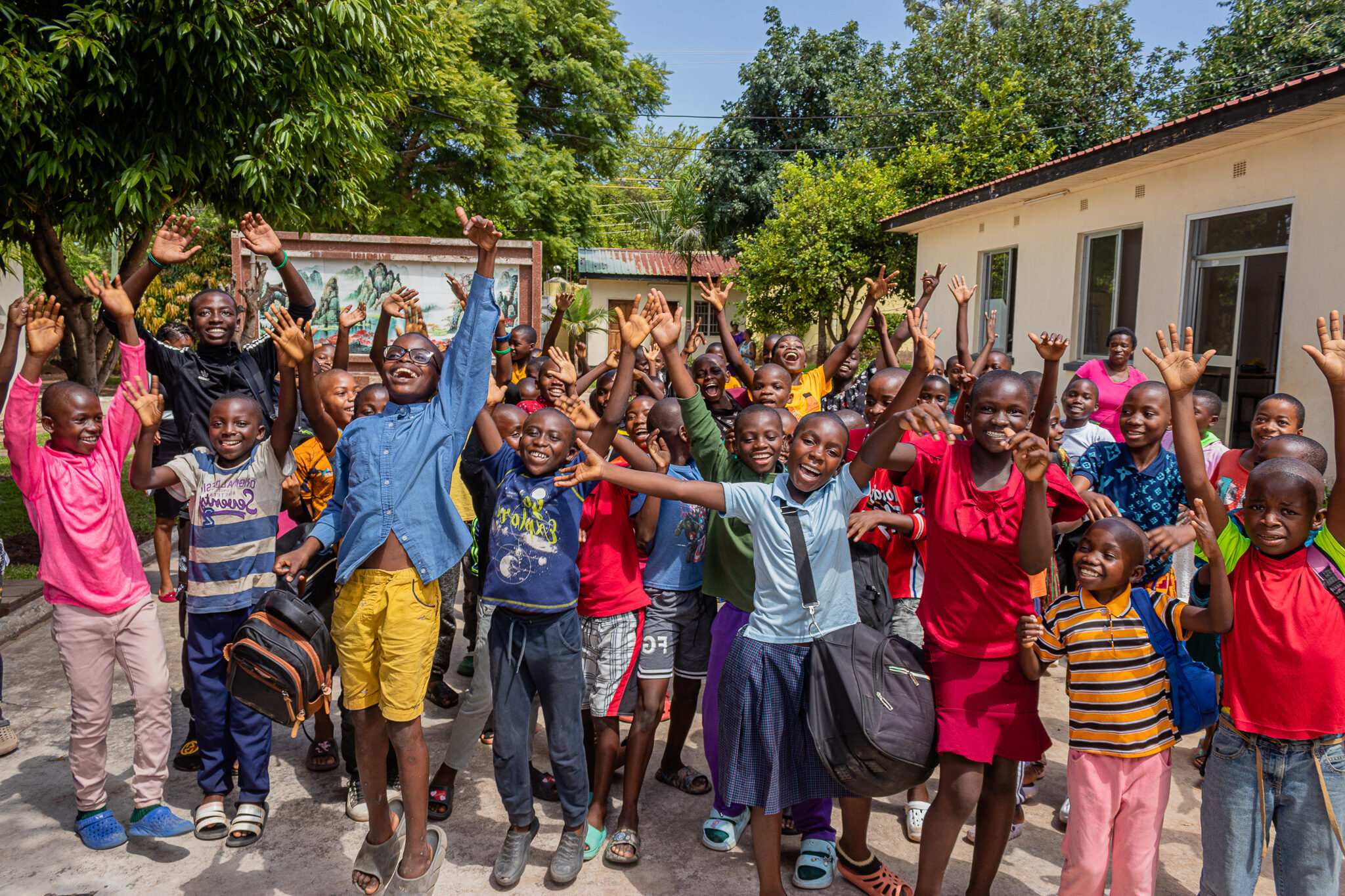
Let's unlock their potential
Your support empowers children to become leaders in their communities
